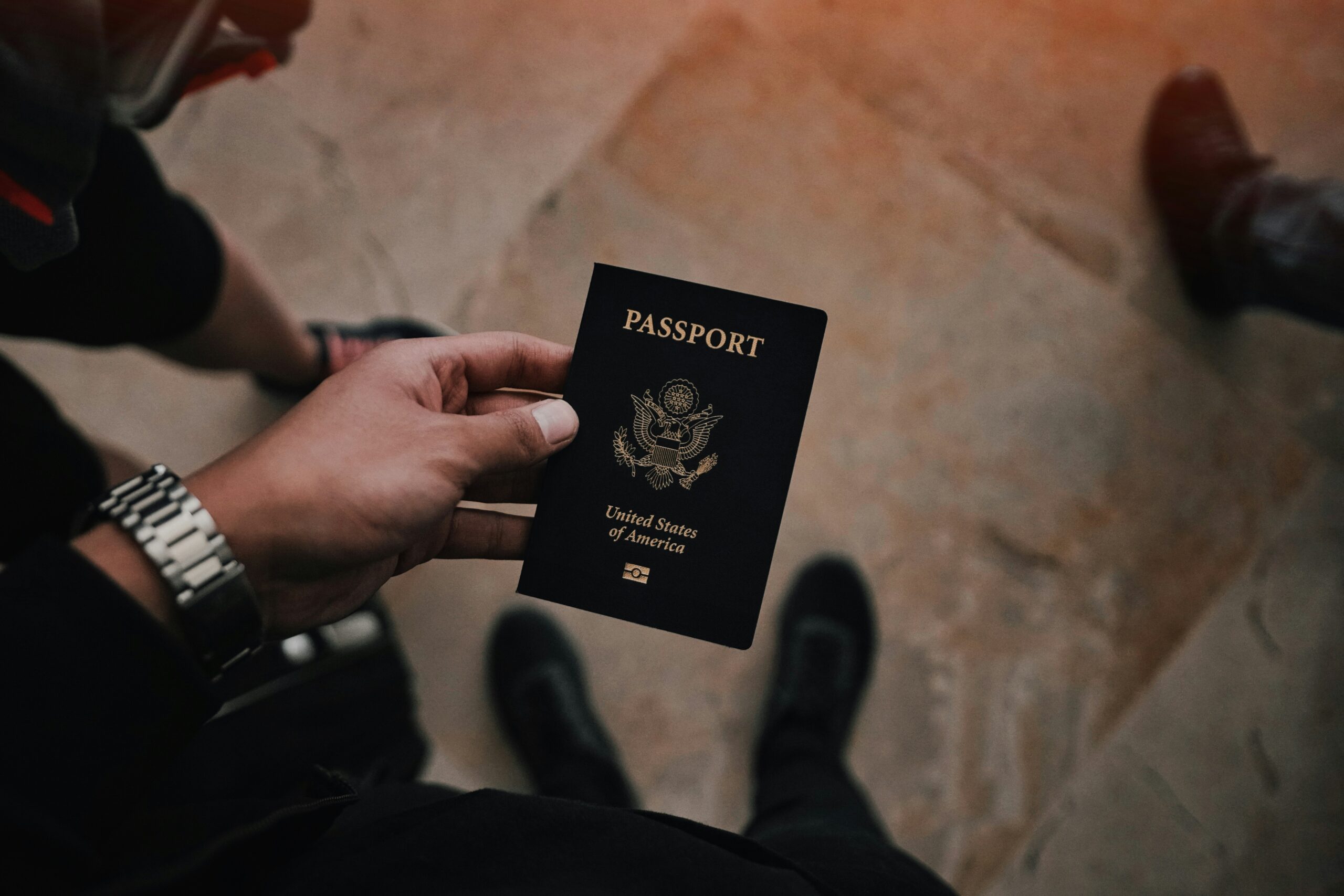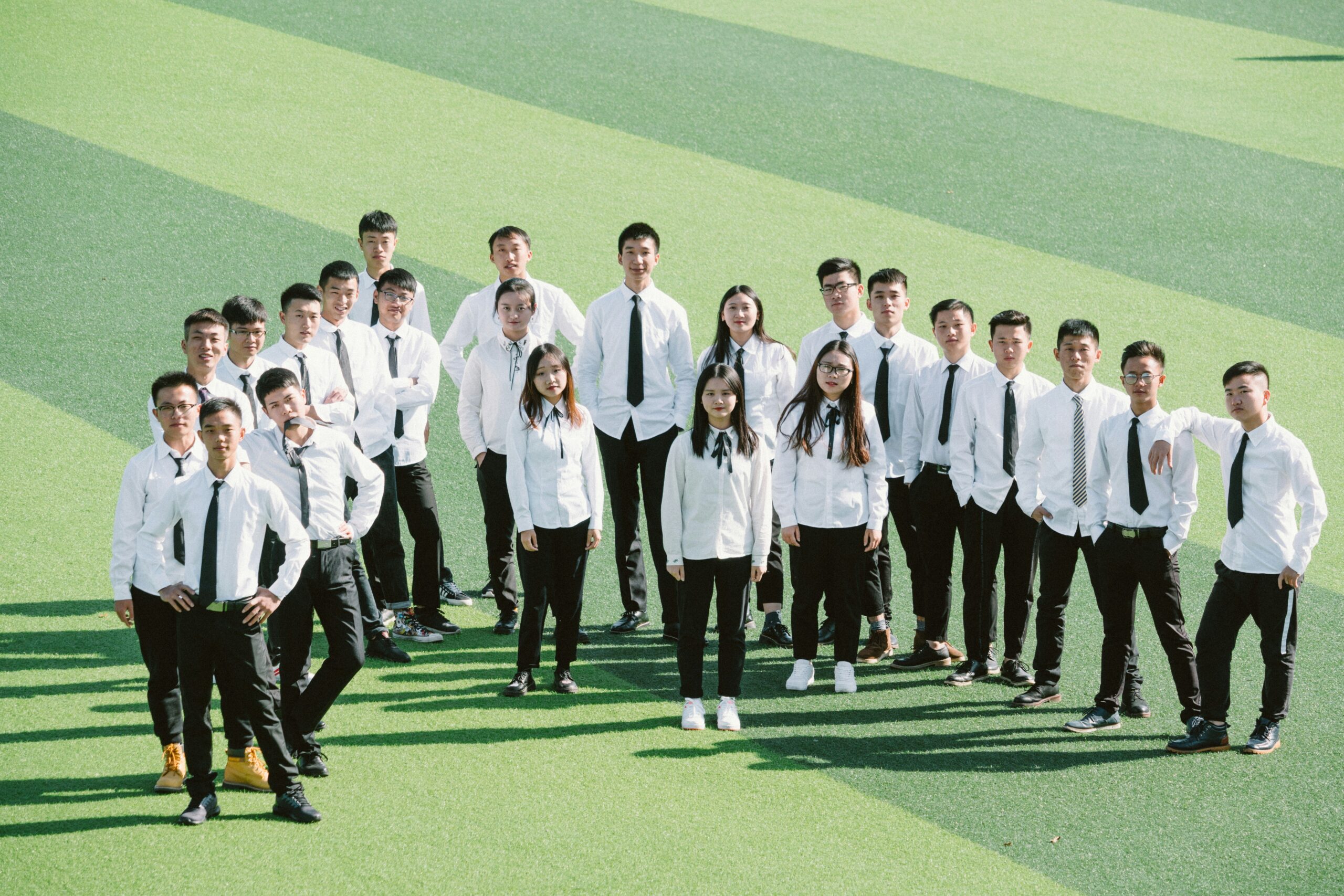Introduction
In 2020, the U.S. immigration landscape shifted dramatically with Breaking News that rocked the hopes of thousands of foreign professionals. The U.S. Citizenship and Immigration Services (USCIS) introduced sweeping changes to the H1B visa program, implementing an electronic lottery system, requiring registration 30 days in advance, and mandating that unsuccessful applicants return to their home countries. These reforms, aimed at streamlining the process, left many scrambling to adapt. This article explores the human toll and resilience behind navigating these new rules in a high-stakes pursuit of the American Dream.
A New Era: The Electronic Lottery
Gone were the days of paper petitions flooding USCIS offices. In March 2020, USCIS launched an electronic registration system for the H1B visa lottery, requiring employers to submit basic information about prospective workers for a $10 fee (later increased to $215 by 2024). This digital shift aimed to reduce administrative burdens, but it introduced new pressures. Employers had to register candidates 30 days in advance, compressing preparation timelines. For applicants like Priya, a software engineer from India, the change meant her employer had to act fast or risk missing the window. The randomness of the lottery, with only 85,000 visas available annually (65,000 regular cap, 20,000 for U.S. master’s degree holders), heightened the anxiety.
The 30-Day Countdown
The requirement to register 30 days before the lottery added a layer of urgency. Employers, from tech giants to small startups, had to gather documentation and confirm candidate eligibility within a tight timeframe. For someone like Carlos, a Mexican data scientist, this meant sleepless nights coordinating with his employer’s legal team across time zones. The condensed schedule favored well-resourced companies, leaving smaller firms struggling to keep up. “It felt like a race against time,” Carlos shared, echoing the sentiment of many who faced the new system’s demands. The March registration window, typically spanning two weeks, became a make-or-break moment for thousands.
The Harsh Reality: Return Home if Unsuccessful
Perhaps the most daunting change was the mandate for unsuccessful applicants to return to their home countries. Previously, those on F-1 student visas with Optional Practical Training (OPT) could often stay in the U.S. while exploring alternatives. The 2020 rules tightened this, leaving little room for error. If not selected, applicants faced a stark choice: leave within a short grace period or pivot to another visa, like the O-1 for extraordinary ability or Day 1 CPT programs. For Aisha, a Nigerian architect, the news was crushing. “I’d built a life here, but suddenly I was packing for Lagos, unsure if I’d ever return,” she said. The policy sparked fear, forcing many to confront uncertain futures.
The Human Cost
The emotional toll was profound. The H1B visa, a gateway for professionals in fields like tech, medicine, and engineering, represents more than a job—it’s a lifeline to stability. In 2020, with 269,424 registrations vying for just 85,000 spots, the odds were slim, around 31%. Families were uprooted, careers stalled, and dreams deferred. Yet, stories of resilience emerged. Some, like Priya, reapplied the next year, while others pursued cap-exempt roles at universities or nonprofits. The changes exposed the fragility of the immigration system, igniting debates about fairness and access.
Looking Forward
The 2020 H1B reforms, though controversial, reshaped how foreign talent navigates U.S. opportunities. The electronic lottery streamlined processes but didn’t ease the heartbreak of rejection. For those facing the “return home” mandate, alternatives like the L-1 or EB-2 National Interest Waiver offered hope, though each came with its own hurdles. As the program evolves—facing proposed changes like wage-based selection in later years—applicants continue to adapt, driven by determination. The H1B journey remains a testament to perseverance in the face of uncertainty.
Conclusion
The 2020 H1B visa regulations—electronic lottery, 30-day advance registration, and mandatory return for the unselected—tested the resilience of foreign workers worldwide. For every Priya, Carlos, or Aisha, the stakes were personal, their stories a reminder of the human side of immigration policy. As Breaking News fades into history, their fight to stay and contribute endures, shaping the future of the American workforce.



